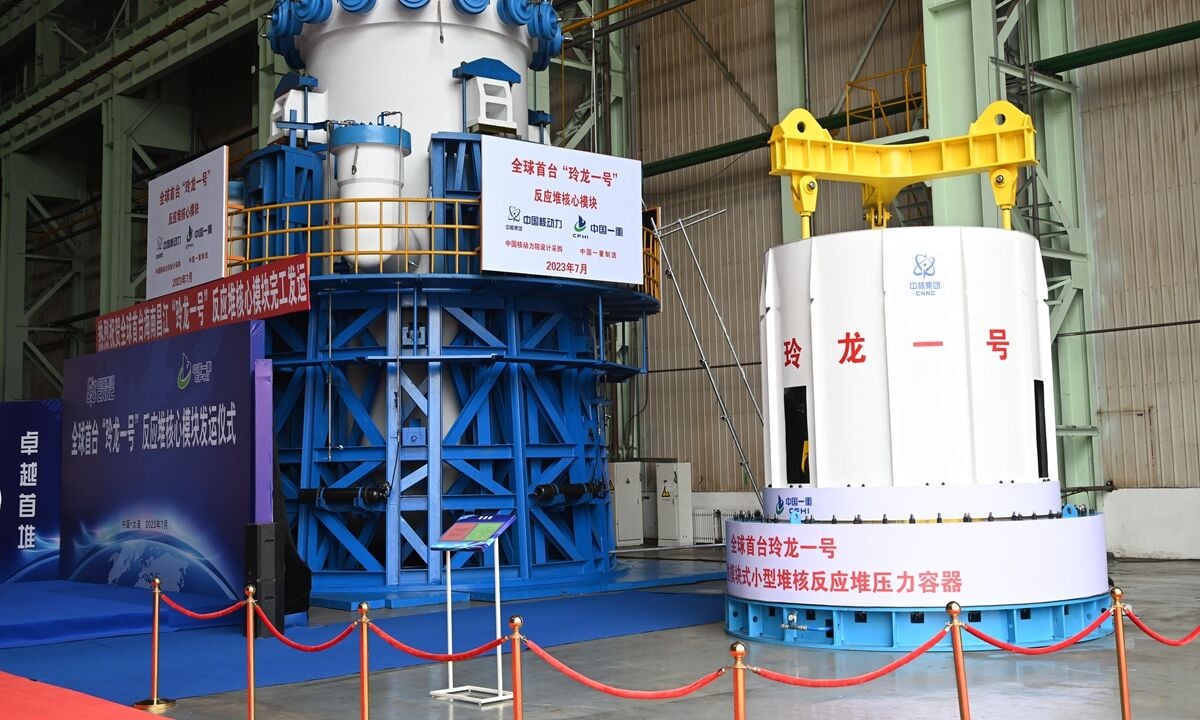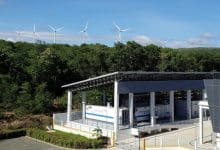Thailand to explore small nuclear reactors for clean energy boost

Energy Ministry officials are set to assess the feasibility of developing small nuclear power plants as part of the updated power development plan (PDP). This initiative aims to increase the use of clean energy and reduce carbon dioxide emissions.
The technology under consideration is the small modular reactor (SMR), which can generate up to 300 megawatts per unit (MW), roughly one-third the capacity of larger traditional nuclear energy reactors. The International Atomic Energy Agency notes that SMRs are designed to be modular, allowing for factory assembly and easier transportation of components.
The PDP, scheduled for implementation from this year to 2037, includes the development of two SMRs, each with a capacity of 300MW, to become operational towards the end of the plan. These reactors are to be developed and run by the state-owned Electricity Generating Authority of Thailand (EGAT), which had previously explored traditional nuclear power plant development between 2009 and 2011.
Earlier studies by EGAT had proposed two traditional nuclear plants in the northeast and south of Thailand, with construction sites located away from residential areas. However, these plans were put on hold following the Fukushima disaster in March 2011, when a massive earthquake and tsunami led to a meltdown and radiation leak at a nuclear facility in Japan, said an energy ministry official.
“The preparation for the new study should be completed before the new PDP receives a green light from the National Energy Policy Council by September this year.”
The anticipated power tariff for electricity generated by SMRs is expected to average three baht per kilowatt-hour, which is slightly higher than the rate for power from larger nuclear plants.
SMRs are gaining traction worldwide due to their potential role in combatting global warming, as they do not produce air pollution or carbon dioxide emissions like fossil fuel-based plants.
Reports show that global SMR capacity is forecasted to reach 22 gigawatts by the first quarter of 2024, marking a 65% increase since 2021.
New SMR projects are anticipated to require an investment of around US$176 billion (6.3 trillion baht), reflecting the significant financial commitment involved in adopting this emerging technology, reported Bangkok Post.
Latest Thailand News
Follow The Thaiger on Google News:


























